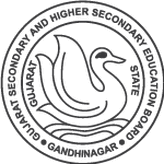Effective organisational skills are a key ingredient for success in school and in life. Some people are naturally more organised than others but everyone can adopt routines and systems that can facilitate success. Here are five ways in which families can support and encourage children of all ages to be organised, which can help them grow into better functioning adults.
Establish household routines
Children learn best through observing and emulating parents, so make it a priority to be organised yourself. The best way to do this is by implementing simple household routines by setting specific days and times for tasks such as laundry, paying bills, and cleaning different areas of the house.
Involve your children by having them create their own schedule for studying, chores and activities and try following it for a week. Then sit down together and review their results, being sure to discuss whether they over- or under-estimated how much time they needed for tasks (they need awareness of their time estimation abilities).
Adjust the schedule according to what they report, and try the new schedule for a week, with a check-in at the end. Do this each week until they have a schedule that works, then have them stick to it. If time management is a weakness for you, make your own schedule and, at those weekly sit-downs, let the kids help you evaluate how well you did.
Manage space and time
 In addition to having routines, it’s important to manage both space and time effectively. Cultivate a habit of tidying or cleaning as you go, putting things away immediately after use. Get rid of clutter and have.a dedicated space for everything so that it is easy to maintain a tidy home environment without too much effort.
In addition to having routines, it’s important to manage both space and time effectively. Cultivate a habit of tidying or cleaning as you go, putting things away immediately after use. Get rid of clutter and have.a dedicated space for everything so that it is easy to maintain a tidy home environment without too much effort.
To encourage good study habits, ensure that your child has a dedicated nook to do school work. It should ideally be a quiet place with all relevant supplies and materials nearby.
Along with this, set a designated study time. Ideally, this should not be right after school as children benefit from some time to unwind after the day. Include your child in making this decision. Even if s/he doesn’t have homework, the reserved time should be used to review the day’s lessons, read for pleasure, or work on an upcoming project.
Conduct a weekly clean up
Once your child is more organised, the trick is to keep to that system. The best way to do so is by enforcing a quick once or twice a week clean-up policy. However, remember to be realistic and identify those hot spot areas that need continual upkeep.
To a child, asking them to “clean a room” is an overwhelming and confusing concept they often have trouble mastering. Asking them to put away their clean laundry away or to clear off a desktop are likely more manageable expectations and will eventually lead to better skill with keeping a cleaning routine.
Using a timer to tackle different cleaning tasks can turn a chore into a fun game and ensure that the task is completed sooner rather than later. As a long term bonus, this teaches kids to do housework quickly and efficiently.
Teach children to use a personal calendar and/or planner (paper / digital)
 Right from the early years of school, it’s a good idea to teach children how to plan and organise their life using a calendar or planner. Get your child a simple notebook or journal that they like and let them use it to create lists, assign dates and times for various tasks, jot down notes and reminders for themselves, etc. Make it fun by allowing them to use coloured pens and pencils, post it notes, stickers and any other creative tools they enjoy. A simple system to adopt is to set aside time at the end of each week to plan the following week’s activities. Get them into the habit of consulting their notebook everyday and using it as a personal assistant.
Right from the early years of school, it’s a good idea to teach children how to plan and organise their life using a calendar or planner. Get your child a simple notebook or journal that they like and let them use it to create lists, assign dates and times for various tasks, jot down notes and reminders for themselves, etc. Make it fun by allowing them to use coloured pens and pencils, post it notes, stickers and any other creative tools they enjoy. A simple system to adopt is to set aside time at the end of each week to plan the following week’s activities. Get them into the habit of consulting their notebook everyday and using it as a personal assistant.
if you do not use one already, adopt a digital or paper planning system for yourself too as this will further encourage your children to consistently plan and organise their time.
Encourage independence

Children are more likely to embrace being organised for the long term when they see how it benefits them. So it’s important to assign them age-appropriate responsibilities and allow them to manage their time and space. For instance, foster a habit wherein they get up for school on their own instead of relying on you. Teach them to clean up after themselves no matter how ‘busy’ they may be and leave it to them to keep their books and toys organised in whatever way they like.
Remember that if you really want your children to learn how to be better organised then you must stop being their personal assistant. Practice stepping back and making children responsible for any consequences of being disorganised such as missing a deadline, losing a library book, or misplacing a beloved possession. Such experiences will encourage them to better their organisation skills and grow into effectively functioning adults.
Taking on responsibilities is especially important for children who are soon to enter college, By high school, kids should be making their own appointments, arranging transportation, completing forms at the doctor’s office, and so on, so that they are aware of the steps involved. They will be doing these things on their own at college, so make sure they are comfortable doing them before they leave.



 In addition to having routines, it’s important to manage both space and time effectively. Cultivate a habit of tidying or cleaning as you go, putting things away immediately after use. Get rid of clutter and have.a dedicated space for everything so that it is easy to maintain a tidy home environment without too much effort.
In addition to having routines, it’s important to manage both space and time effectively. Cultivate a habit of tidying or cleaning as you go, putting things away immediately after use. Get rid of clutter and have.a dedicated space for everything so that it is easy to maintain a tidy home environment without too much effort.  Right from the early years of school, it’s a good idea to teach children how to plan and organise their life using a calendar or planner. Get your child a simple notebook or journal that they like and let them use it to create lists, assign dates and times for various tasks, jot down notes and reminders for themselves, etc. Make it fun by allowing them to use coloured pens and pencils, post it notes, stickers and any other creative tools they enjoy. A simple system to adopt is to set aside time at the end of each week to plan the following week’s activities. Get them into the habit of consulting their notebook everyday and using it as a personal assistant.
Right from the early years of school, it’s a good idea to teach children how to plan and organise their life using a calendar or planner. Get your child a simple notebook or journal that they like and let them use it to create lists, assign dates and times for various tasks, jot down notes and reminders for themselves, etc. Make it fun by allowing them to use coloured pens and pencils, post it notes, stickers and any other creative tools they enjoy. A simple system to adopt is to set aside time at the end of each week to plan the following week’s activities. Get them into the habit of consulting their notebook everyday and using it as a personal assistant. 
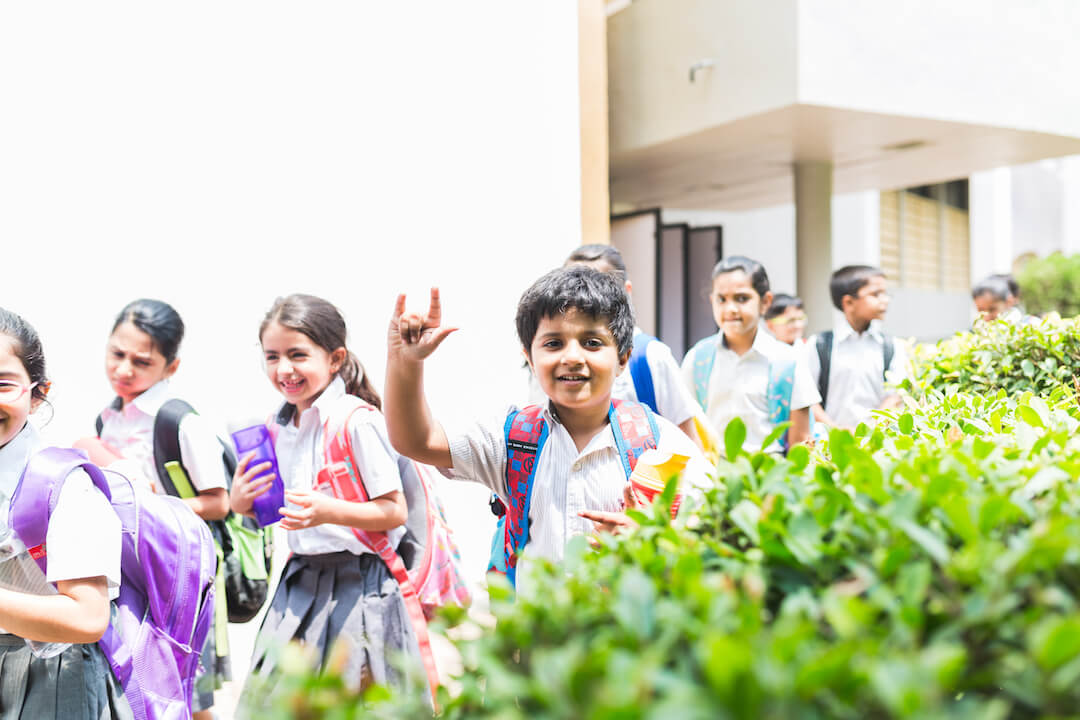
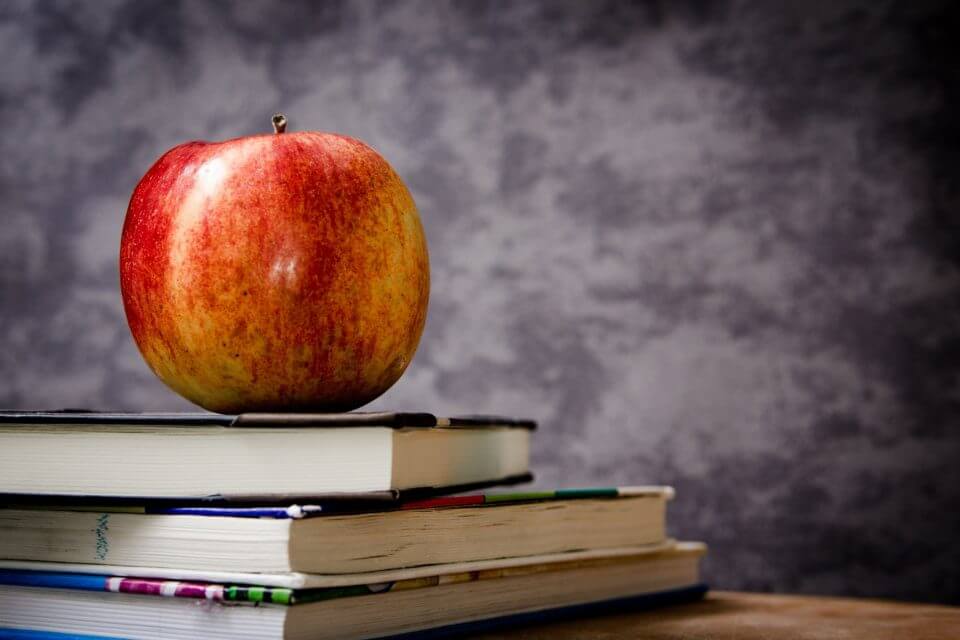 Use the last few weeks of summer to get out of the holiday mood and back into a school-day rhythm. Have your child practice getting up and getting dressed at the same time every morning. Start eating breakfast, lunch, and snacks around the times your child will eat when school is in session.It is especially important to implement a healthy sleep routine so that your child is well-rested before the school year begins. Limit the use of smart phones and tablets before bedtime to ensure better sleep for both your child and yourself.
Use the last few weeks of summer to get out of the holiday mood and back into a school-day rhythm. Have your child practice getting up and getting dressed at the same time every morning. Start eating breakfast, lunch, and snacks around the times your child will eat when school is in session.It is especially important to implement a healthy sleep routine so that your child is well-rested before the school year begins. Limit the use of smart phones and tablets before bedtime to ensure better sleep for both your child and yourself. 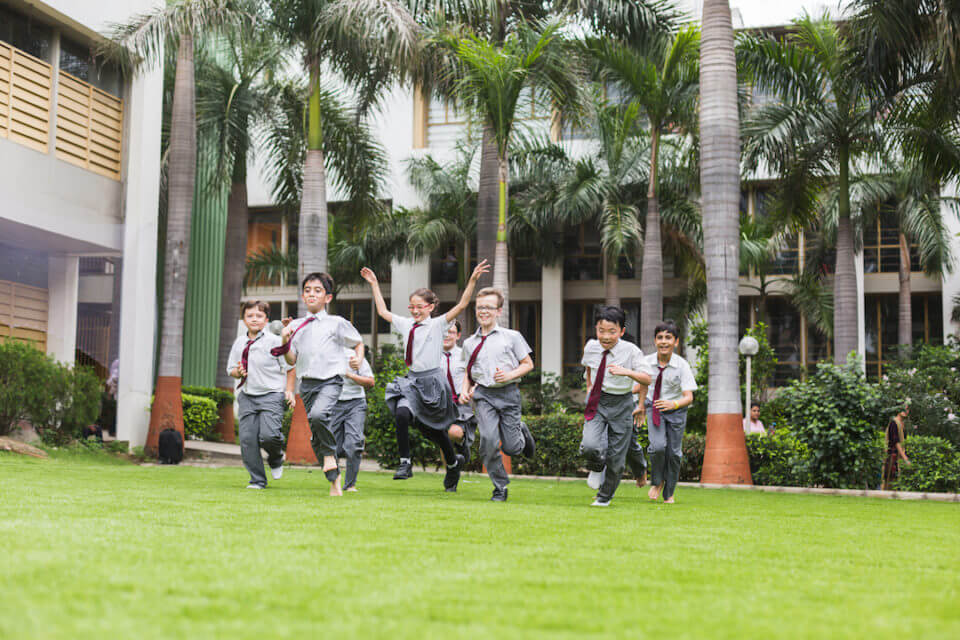 Sometimes, children can be wary of returning to school due to issues which they have not been able to communicate with you. It is therefore paramount to maintain open channels of communication and talk with your child about their feelings – both the excitement and the concerns – about starting or returning to school.
Sometimes, children can be wary of returning to school due to issues which they have not been able to communicate with you. It is therefore paramount to maintain open channels of communication and talk with your child about their feelings – both the excitement and the concerns – about starting or returning to school.
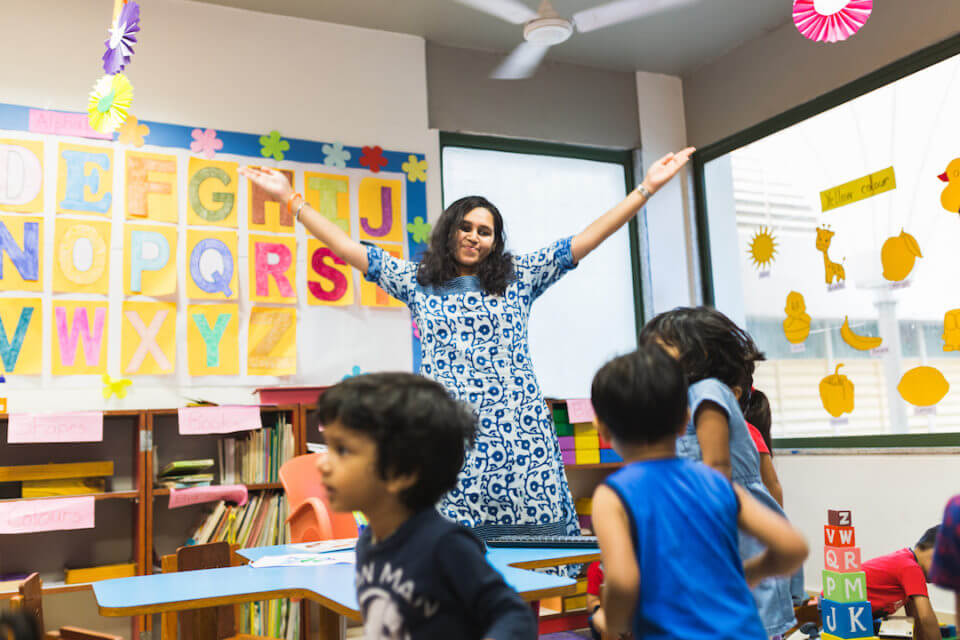


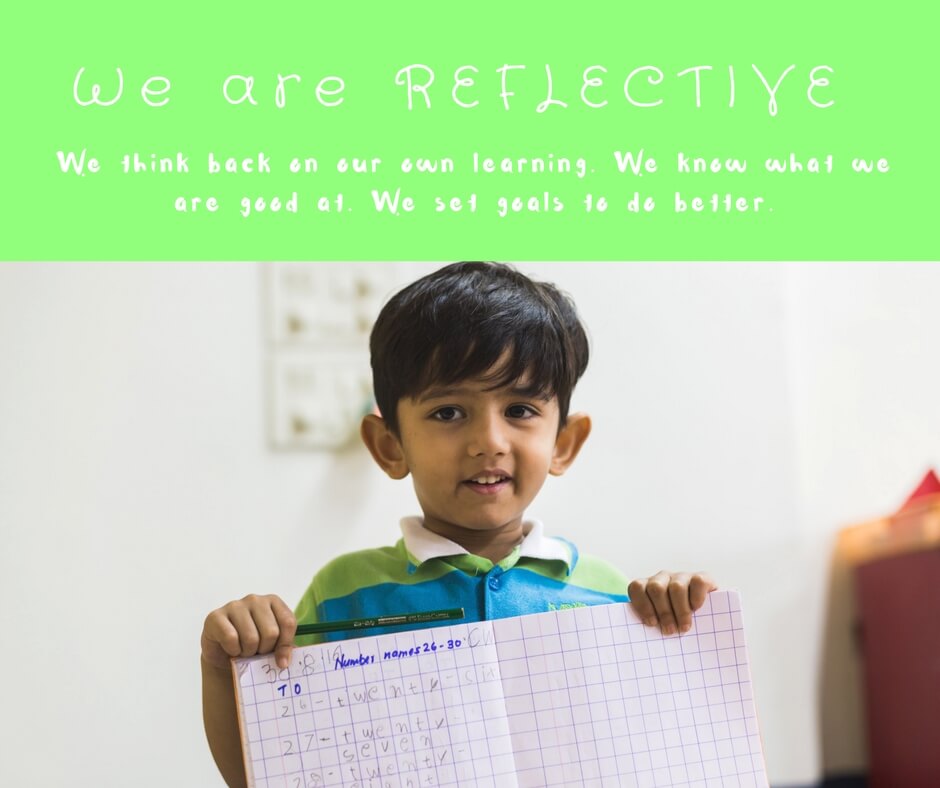
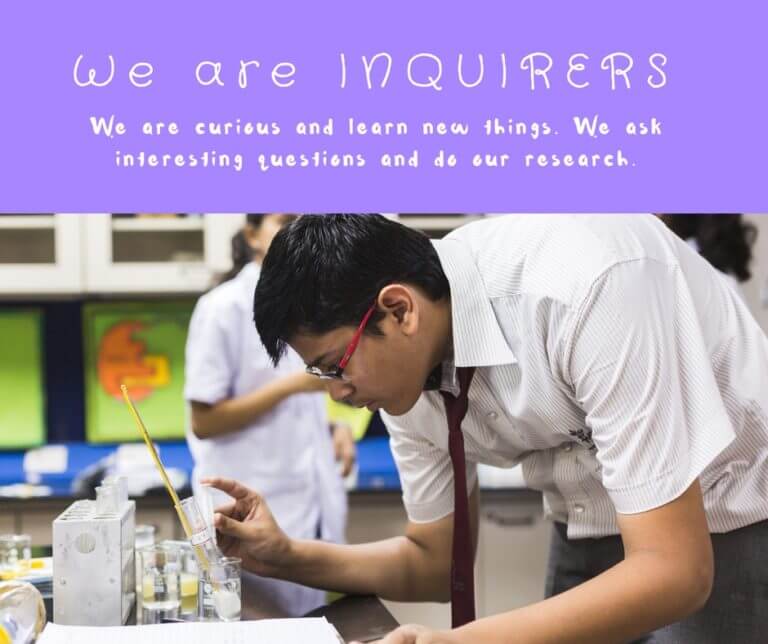
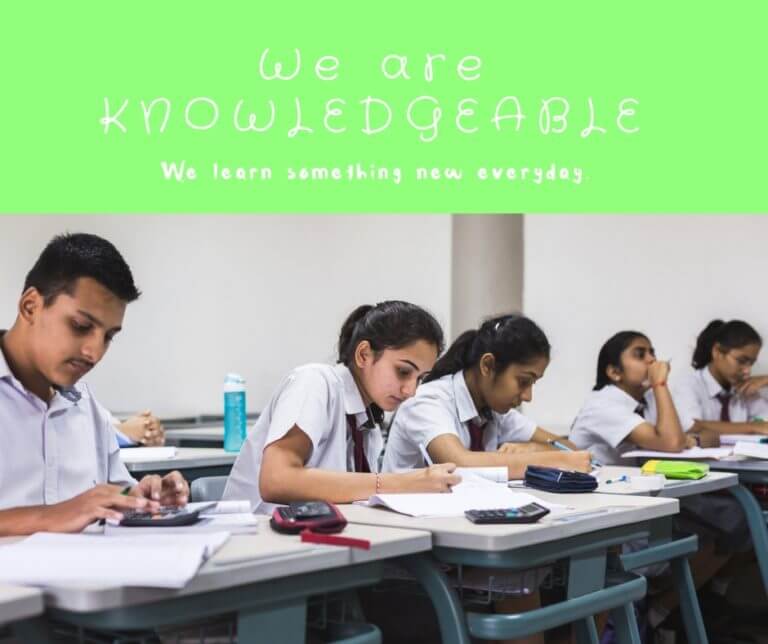
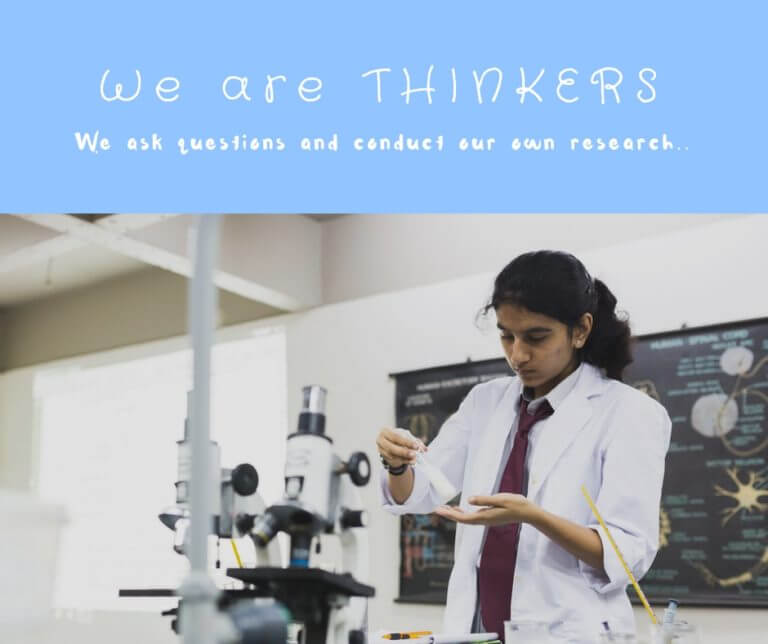 Critical thinking is a key 21st century skill because self-directed, self-disciplined, self-monitored, and self-corrective thinking enables young people to communicate, solve problems and effectively handle life situations that call for reflection, analysis and planning. In an uncertain future, it is impossible to predict the kind of problems that will need to be solved, which makes it crucial to nurture young people into independent critical thinkers.
Critical thinking is a key 21st century skill because self-directed, self-disciplined, self-monitored, and self-corrective thinking enables young people to communicate, solve problems and effectively handle life situations that call for reflection, analysis and planning. In an uncertain future, it is impossible to predict the kind of problems that will need to be solved, which makes it crucial to nurture young people into independent critical thinkers.  Being an effective communicator is essential for success because it facilitates working with others, understanding different points of view, and expressing oneself in more than one language to form a connection with others. Clear communication builds confidence and also fosters empathy, which enables young people to understand and collaborate with their peers.
Being an effective communicator is essential for success because it facilitates working with others, understanding different points of view, and expressing oneself in more than one language to form a connection with others. Clear communication builds confidence and also fosters empathy, which enables young people to understand and collaborate with their peers. 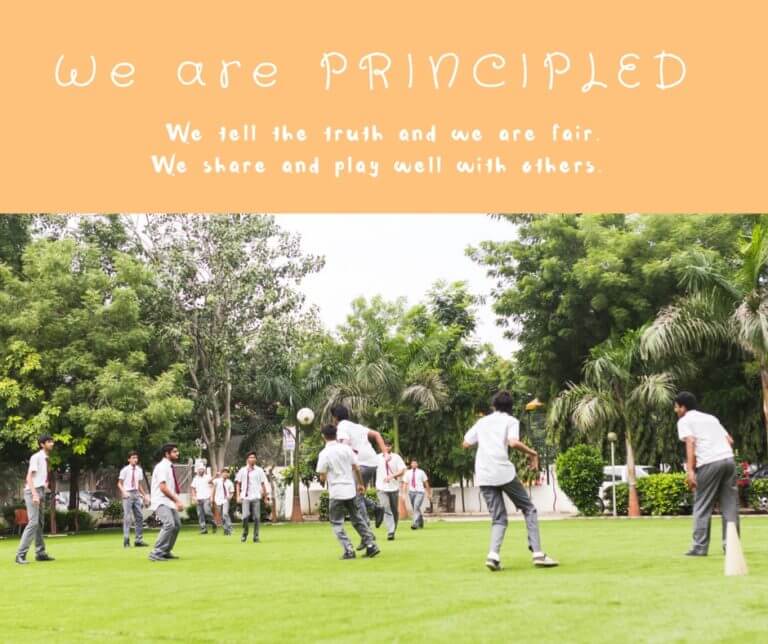

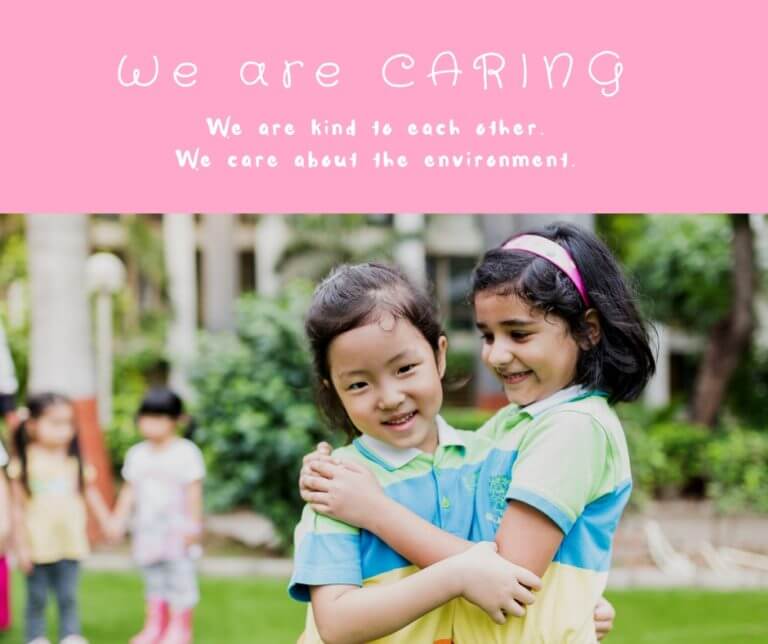
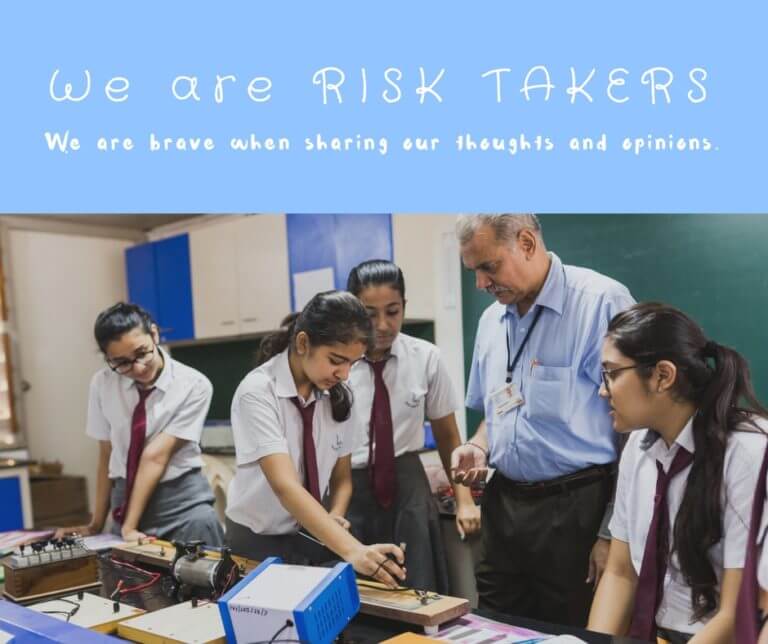


 In our busy lives, we often allow our frustrations, little and large, to get the better of us. This results in a lot of
In our busy lives, we often allow our frustrations, little and large, to get the better of us. This results in a lot of the best things in life are free. It’s just that we tend to forget what exactly these things are in the humdrum of the hectic lives we lead. Set aside time each week to enjoy some simple pleasures like playing, cuddling, spending time in the nearest park, rereading favourite stories, making art with whatever supplies are on hand, or anything else that is easily available and pleasurable for your child and you. Talk with your children about what they really love doing and create time and space in your lives for those activities or experiences. Whatever you choose, do remember to express gratitude for the joy it brings.
the best things in life are free. It’s just that we tend to forget what exactly these things are in the humdrum of the hectic lives we lead. Set aside time each week to enjoy some simple pleasures like playing, cuddling, spending time in the nearest park, rereading favourite stories, making art with whatever supplies are on hand, or anything else that is easily available and pleasurable for your child and you. Talk with your children about what they really love doing and create time and space in your lives for those activities or experiences. Whatever you choose, do remember to express gratitude for the joy it brings.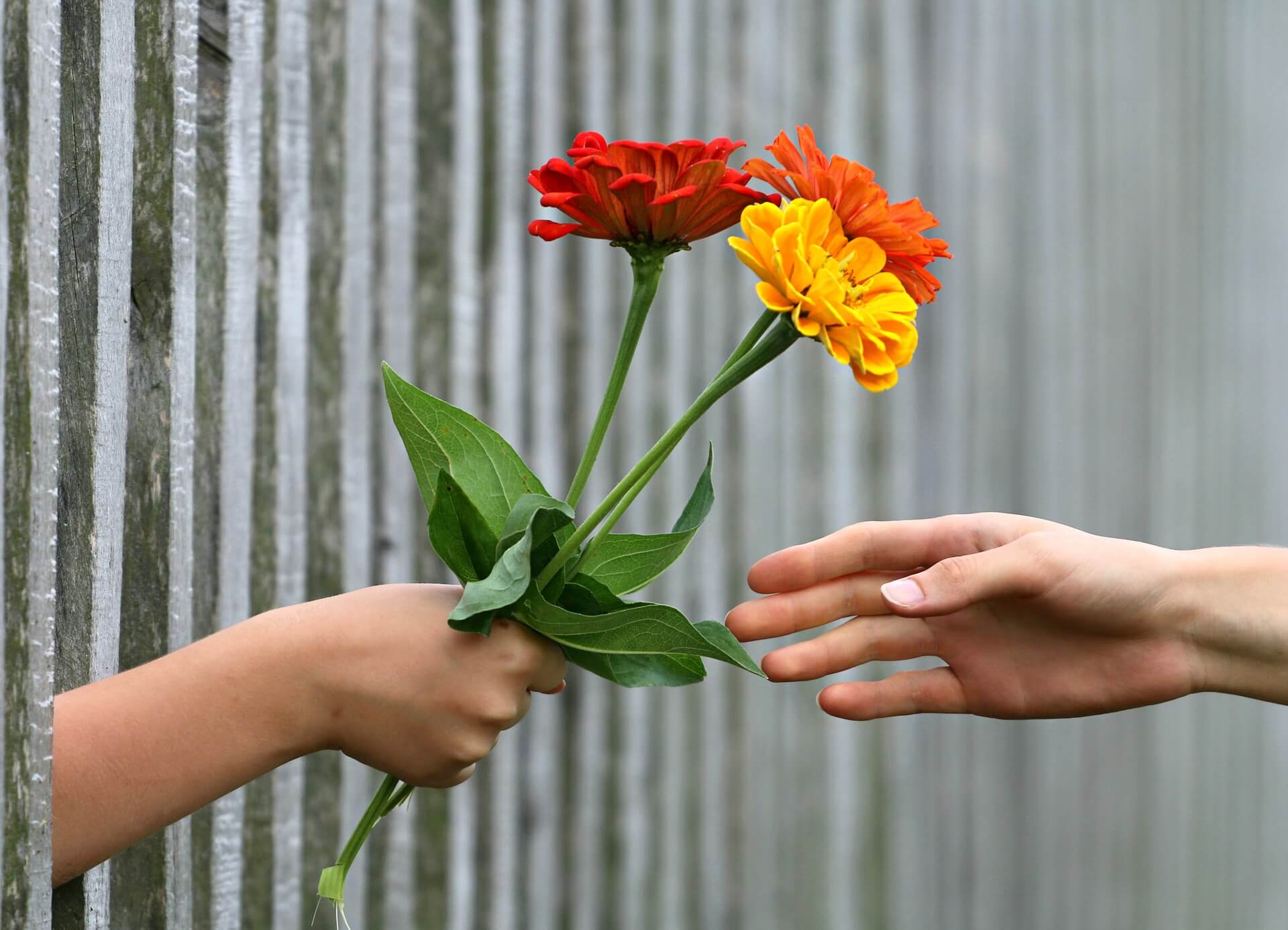 t that comes from helping out for a cause they care about. For instance, if your child loves pets, why not arrange for them to volunteer time at an animal rescue centre? Encourage them to make simple gifts rather than always purchasing things from the store. Making a card or writing a letter for someone are great ways to teach children that gifts need not always be material and are in fact more meaningful when effort is put into creating them. Above all, remember to appreciate your child’s efforts and value the things, experiences, and memories they give you. We all feel bogged down by life from time to time, but things get so much easier when we remember to literally and vocally count our blessings every single day.
t that comes from helping out for a cause they care about. For instance, if your child loves pets, why not arrange for them to volunteer time at an animal rescue centre? Encourage them to make simple gifts rather than always purchasing things from the store. Making a card or writing a letter for someone are great ways to teach children that gifts need not always be material and are in fact more meaningful when effort is put into creating them. Above all, remember to appreciate your child’s efforts and value the things, experiences, and memories they give you. We all feel bogged down by life from time to time, but things get so much easier when we remember to literally and vocally count our blessings every single day. 

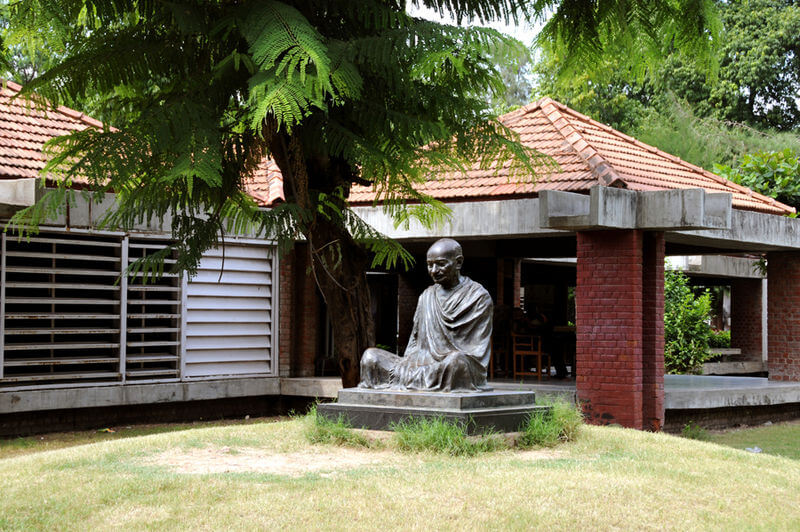



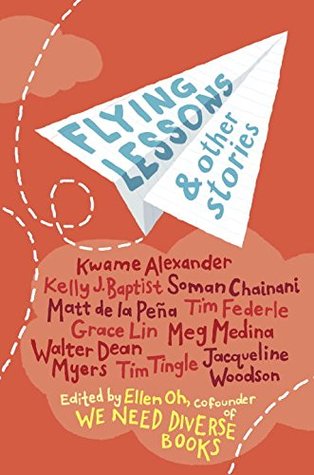 Featuring stories by the likes of
Featuring stories by the likes of 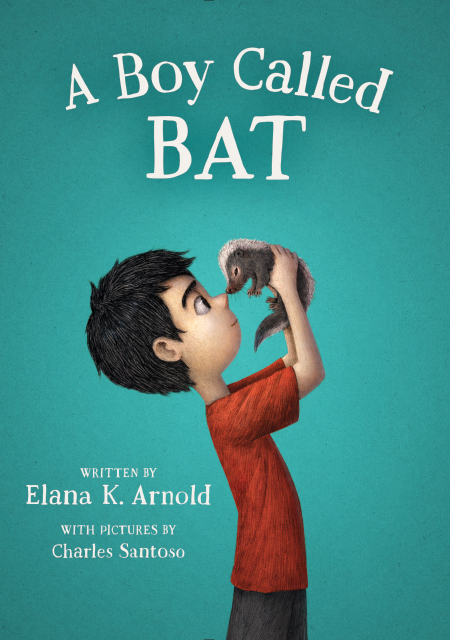 Nicknamed Bat, Bixby Alexander Tam finds life to be full of surprises, both pleasant and not-so-good. This endearing story about Bat’s desire to adopt a baby skunk as a pet will both enthral and amuse young middle grade readers. Written by acclaimed children’s author
Nicknamed Bat, Bixby Alexander Tam finds life to be full of surprises, both pleasant and not-so-good. This endearing story about Bat’s desire to adopt a baby skunk as a pet will both enthral and amuse young middle grade readers. Written by acclaimed children’s author The first of a series of bestselling children’s graphic novels, Dog Man is all about a crime-biting canine superhero who is part-dog and part-man. the attractive comic-book format and hilarious story will keep readers hooked from start to finish. Dan Pilkey is the renowned creator of the hugely successful Captain Underpants series and Dog Man will be particularly appreciated by young readers who enjoy superhero and animal themed tales.
The first of a series of bestselling children’s graphic novels, Dog Man is all about a crime-biting canine superhero who is part-dog and part-man. the attractive comic-book format and hilarious story will keep readers hooked from start to finish. Dan Pilkey is the renowned creator of the hugely successful Captain Underpants series and Dog Man will be particularly appreciated by young readers who enjoy superhero and animal themed tales. 
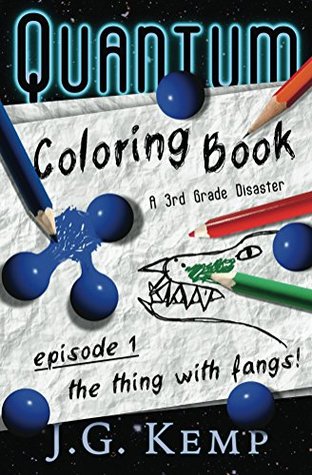 The first in a series of enthralling science fiction for children aged six to nine, this is the story of Brandon Black and his super powered quantum colouring book. Full of quirky characters and vivid descriptions, this book is the ideal combination of funny, fast paced and imaginative -sure to engage newly independent readers. The suspenseful ending will leave children eager for the next book in the series.
The first in a series of enthralling science fiction for children aged six to nine, this is the story of Brandon Black and his super powered quantum colouring book. Full of quirky characters and vivid descriptions, this book is the ideal combination of funny, fast paced and imaginative -sure to engage newly independent readers. The suspenseful ending will leave children eager for the next book in the series. 
 The latest offering from New York Times Bestselling author Holly Goldberg Sloan, Short is the endearing story of Julia, a preteen who is embarrassed about her lack of stature but slowly comes into her own while taking part in a local theatre production. A classic breezy summer read, this novel is the perfect mix of relatable, funny and moving. Julia is easy to connect with and her story is one that children of all ages and even adults can enjoy.
The latest offering from New York Times Bestselling author Holly Goldberg Sloan, Short is the endearing story of Julia, a preteen who is embarrassed about her lack of stature but slowly comes into her own while taking part in a local theatre production. A classic breezy summer read, this novel is the perfect mix of relatable, funny and moving. Julia is easy to connect with and her story is one that children of all ages and even adults can enjoy. It is Earth year 2213 but there is no Earth anymore and humans have fled to Mars, a temporary sojourn before they embark on a one-hundred-fifty-year-long journey to a distant star that is a potential new home. The protagonist is Liam Saunders-Chang, the son of two scientists who have been racing against time to create technology vital to humanity’s survival, Liam and his friend Phoebe are going to be on the very last starliner to depart before Mars, like Earth before it, is destroyed. This brilliant work of science fiction will transport the reader away from the limbo of summer to a fascinating future that can very easily be imagined within the realm of possibility.
It is Earth year 2213 but there is no Earth anymore and humans have fled to Mars, a temporary sojourn before they embark on a one-hundred-fifty-year-long journey to a distant star that is a potential new home. The protagonist is Liam Saunders-Chang, the son of two scientists who have been racing against time to create technology vital to humanity’s survival, Liam and his friend Phoebe are going to be on the very last starliner to depart before Mars, like Earth before it, is destroyed. This brilliant work of science fiction will transport the reader away from the limbo of summer to a fascinating future that can very easily be imagined within the realm of possibility.  Thirteen year old Valor is true to her name, conniving to help break her twin sister out of a prison that nobody has managed to escape in three hundred years.. Set in a unique and brilliantly crafted world, this fantasy adventure is a warm hearted tale of courage and sisterhood that will appeal to both preteens and young adults. Releasing April 2017, this debut novel book has garnered several five star early reviews on Goodreads.
Thirteen year old Valor is true to her name, conniving to help break her twin sister out of a prison that nobody has managed to escape in three hundred years.. Set in a unique and brilliantly crafted world, this fantasy adventure is a warm hearted tale of courage and sisterhood that will appeal to both preteens and young adults. Releasing April 2017, this debut novel book has garnered several five star early reviews on Goodreads. 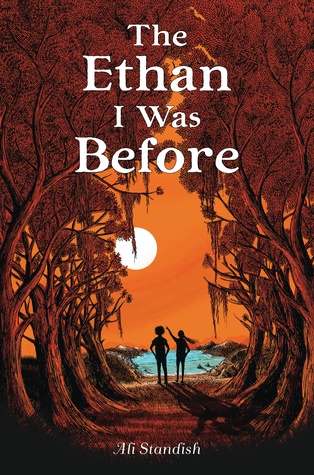 This beautiful debut novel starts off with the unanswerable question: what becomes of who you were before if you unwittingly do something tragic and irrevocable that divides your life forever into two parts? Ethan is a deep and multi-dimensional protagonist, as is Coralee, the new friend he makes upon moving from bustling Boston to a small town in Georgia. The plot immediately captivates the reader, embarking on a journey of healing from guilt and grief, growing up and coming of age. First-time author Standish has crafted a winning story that will have readers rooting for Ethan the whole way through.
This beautiful debut novel starts off with the unanswerable question: what becomes of who you were before if you unwittingly do something tragic and irrevocable that divides your life forever into two parts? Ethan is a deep and multi-dimensional protagonist, as is Coralee, the new friend he makes upon moving from bustling Boston to a small town in Georgia. The plot immediately captivates the reader, embarking on a journey of healing from guilt and grief, growing up and coming of age. First-time author Standish has crafted a winning story that will have readers rooting for Ethan the whole way through.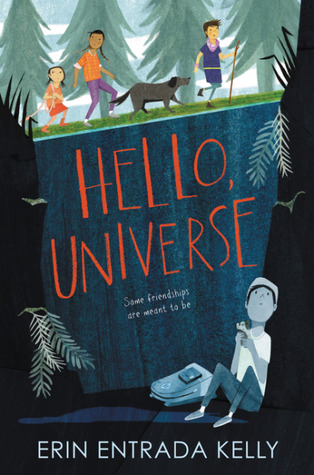 Told from four intertwining points of view, this is a novel about unexpected friendships and finding your inner hero. The suspenseful narrative is infused with humour and hope, while the diverse cast of protagonists are plucky and compelling. Acclaimed Filipino-American author Erin Entrada Kelly has crafted a deeply engaging story that tackles issues of bullying and self-acceptance in a witty, poised manner that young readers will easily connect with.
Told from four intertwining points of view, this is a novel about unexpected friendships and finding your inner hero. The suspenseful narrative is infused with humour and hope, while the diverse cast of protagonists are plucky and compelling. Acclaimed Filipino-American author Erin Entrada Kelly has crafted a deeply engaging story that tackles issues of bullying and self-acceptance in a witty, poised manner that young readers will easily connect with.
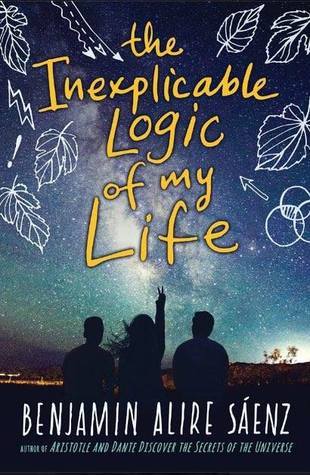 From the multiple award-winning author of Aristotle and Dante Discover the Secrets of the Universe comes this profoundly moving story about high school senior Sal and his journey of self discovery. Encompassing themes of love, social responsibility, death and redemption, this book will have you smiling in amusement as you ponder the larger universal questions of belonging.
From the multiple award-winning author of Aristotle and Dante Discover the Secrets of the Universe comes this profoundly moving story about high school senior Sal and his journey of self discovery. Encompassing themes of love, social responsibility, death and redemption, this book will have you smiling in amusement as you ponder the larger universal questions of belonging. Touted as a modern day retelling of Charlotte Bronte’s classic Jane Eyre, this novel follows the story of Janie Mason, a surfer girl from Hawaii who is forced to move to San Francisco and build a new life with the elite Rochester family. Releasing April 2017, Unearthly Things is e must-read for fans of both Bronte and Gagnon, who is the bestselling author of several thrillers for both teens and adults.
Touted as a modern day retelling of Charlotte Bronte’s classic Jane Eyre, this novel follows the story of Janie Mason, a surfer girl from Hawaii who is forced to move to San Francisco and build a new life with the elite Rochester family. Releasing April 2017, Unearthly Things is e must-read for fans of both Bronte and Gagnon, who is the bestselling author of several thrillers for both teens and adults.  Featuring a series of epistolary exchanges between bereaved Juliet Young and notorious Declan Murphy,, Letters to the Lost explores how pain and suffering can shift and shape personal identity. This story about finding friendship in the most unlikeliest of circumstances will convince you that the world is a less lonelier place than it so often seems. And even in it’s most dismal phases, life can still be meaningful. Releasing April 4 2017, this book has garnered several five star early reviews on
Featuring a series of epistolary exchanges between bereaved Juliet Young and notorious Declan Murphy,, Letters to the Lost explores how pain and suffering can shift and shape personal identity. This story about finding friendship in the most unlikeliest of circumstances will convince you that the world is a less lonelier place than it so often seems. And even in it’s most dismal phases, life can still be meaningful. Releasing April 4 2017, this book has garnered several five star early reviews on  Acclaimed author Victoria Scott writes on
Acclaimed author Victoria Scott writes on Another May 2017 release, Cold Summer is the story of nineteen year old Kale Jackson who has spent years trying to control his ability to arbitrarily time travel back to World War II. Exploring the complexities of family relationships, friendship, and Post Traumatic Stress Disorder, this novel is highly anticipated for its intriguing plot and the fresh voice of debut novelist Gwen Cole. The book has garnered much appreciation from beta readers on
Another May 2017 release, Cold Summer is the story of nineteen year old Kale Jackson who has spent years trying to control his ability to arbitrarily time travel back to World War II. Exploring the complexities of family relationships, friendship, and Post Traumatic Stress Disorder, this novel is highly anticipated for its intriguing plot and the fresh voice of debut novelist Gwen Cole. The book has garnered much appreciation from beta readers on 


